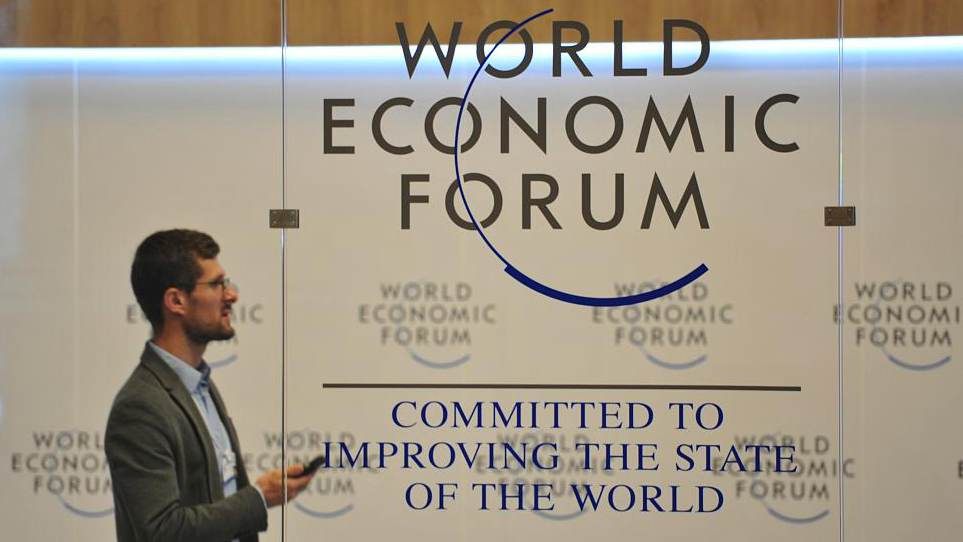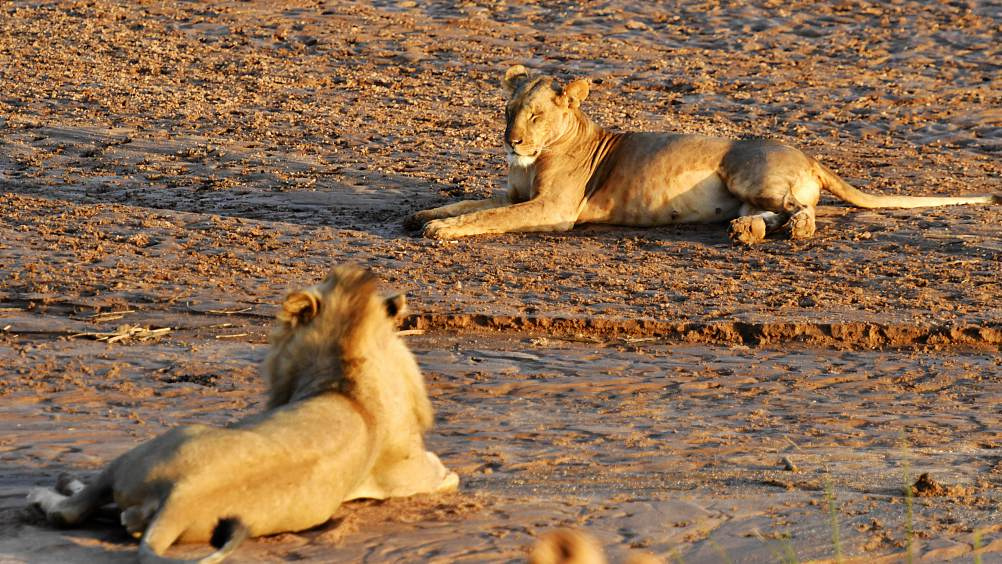
Summer Davos sees policy makers and business leaders from around the world coming to NE China’s Dalian to harness the power of an inclusive and sustainable economy and to address the challenges ahead around the world.
From blistering heatwaves in Europe to droughts in Africa and typhoons in SE Asia, it seems that few countries are immune to climate change, the effects of which are predicted to generate losses of 43 trillion U.S. dollars by the end of this century, a report by the Economist Intelligence Unit (EIU) has warned.

The Summer Davos invites policy makers and business leaders to harness their power of economy and address the challenge. /VCG Photo
During the session “Climate Change: The Next Financial Crisis?", speakers called attention to the financial risks posed by climate change.
When talking about the local impact, Pradeep Kumar Gyawali, Nepal's Foreign Affairs Minister, emphasized the correlation between climate change and the global economy.
“Climate inaction is being felt now as Nepal people succumb to its effects and even see their livelihoods destroyed,” he said.
Obviously, Nepal is not the only one. The impact of climate change has compelled regulators to act.
Numbers of central banks around the world have included climate change into their assessments of economic and financial risks.
“It is a financial crisis if we don’t do anything. But right now we’re actually looking at a financial opportunity. If we are going to invest in the future, these are major opportunities that businesses can take advantage of,” Celebrity vegan chef Daphne Cheng said at the panel.

The heating to inflict more drought as well as flooding to Africa than before, the meteorologist at the Met Office warned. /VCG Photo
In 2017, catalyzed by the Paris Agreement, 34 central banks and supervisors around the world, which “represent five continents, half of global greenhouse gas emissions and the supervision of two-thirds of the global systemically important banks and insured”, established a joined force named the Network for Greening of the Financial System (NFGS).
In April 2019, the Bank of England published an open letter on the climate-related financial risks considered by NFGS.
“As long as temperatures and sea levels continue to rise and with them climate-related financial risks, central banks, supervisors and financial institutions will continue to raise the bar to address these climate-related risks and to ‘green’ the financial system,” the letter says.
“Climate-related financial risks could affect the economy through elevated credit spreads, greater precautionary saving, and, in the extreme, a financial crisis,” Glenn Rudebusch, senior policy adviser and executive vice president at the San Francisco Fed, said in the session.
At the panel, Veronica Scotti, CEO of Swiss Re Group, gave an example of a potential solution to the financial industry that might make companies and policymakers to make choices on climate change – establishing a global credit rating system.

A heatwave is spreading throughout Europe, with temperatures of up to 40 degrees Celsius. /VCG Photo
"All companies get rated. Municipalities get rated… We know that there are municipalities around the world that would lose their rating because of climate inaction," said Scotti, “If there are no systematic incentives in the system to make the right choices, those choices may come a little bit later than we would wish."
Could climate-related financial damage really dwarf the 2009 financial crisis? We may not ever find out the answer.
But what we are sure is that climate change is always a heated topic among top regulators across the world.

Copyright © 2018 CGTN. Beijing ICP prepared NO.16065310-3
Copyright © 2018 CGTN. Beijing ICP prepared NO.16065310-3